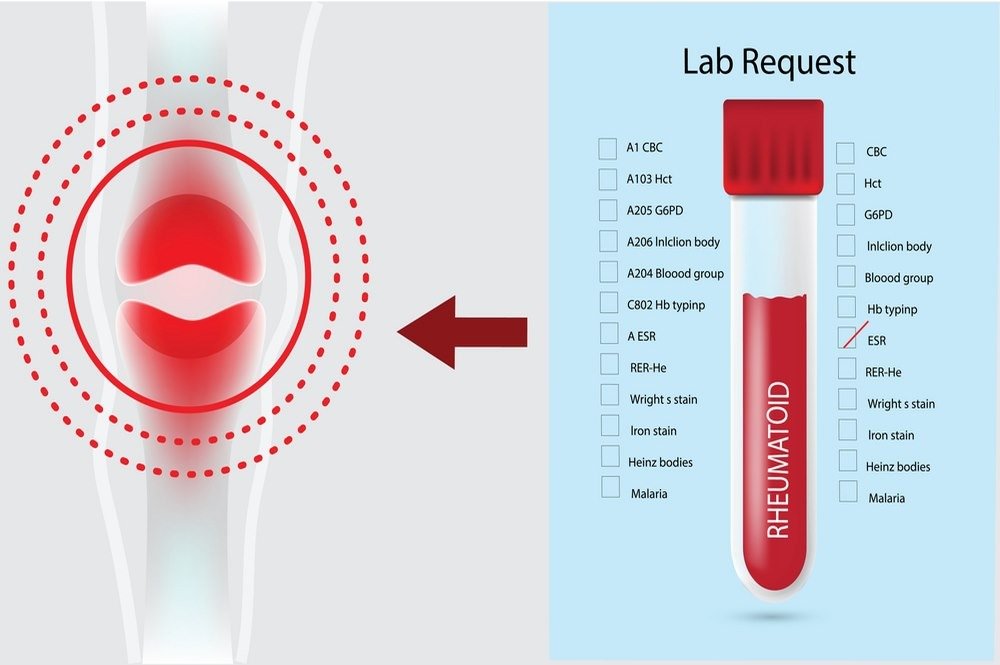Types Of Diagnotic Tests

After the complete physical examination of the patient, the doctor evaluates the condition of the patient and then further recommends the type of diagnostic test that specific patient needs. [1] There are two types of tests which the doctors perform to inspect the causing factor behind knee problem. Your doctor might suggest you one of these tests for an accurate diagnosis of a knee problem:
Laboratory tests
Your doctor might suggest you laboratory test, in case he/she’s suspects an inflammation or infection in your knee. Then your doctor might suggest you to have blood tests and some of the time, the doctors also perform a procedure which in known as arthrocentesis to diagnose your knee problem. In this procedure, the medical professional with the help of the needle a small takes a certain amount of the fluid from your knee joint and sends the sample to a laboratory for further analysis.
The presence of effusion, tenderness, marked pain, and warmth along with a limited range of motion in the knee joint is most recurring in patients with inflammatory arthropathy and septic arthritis. Moreover, an erythrocyte sedimentation rate (ESR) and complete blood count accompanying arthrocentesis is important to detect the underlying cause of knee problem. The laboratory analysis of the joint fluid is also necessary for detecting the cell count with glucose, protein, bacterial culture, and light sensitivity to rule out the presence of any crystals in the joint fluid.
